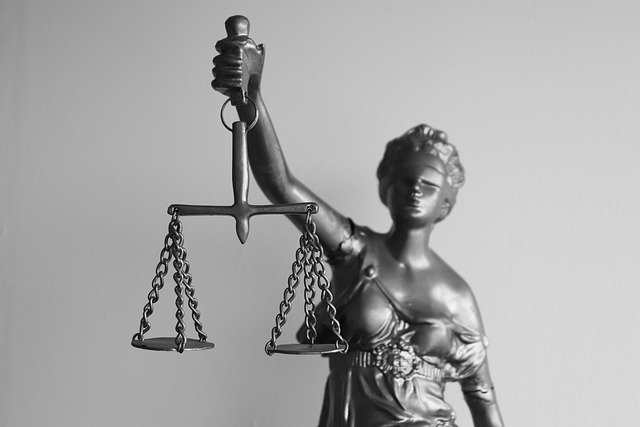The way of practicing the proof during the oral trial (V) (Spanish Law)

Fifth Section. Common Articles to the previous four sections (art. 728 – art. 731 bis LECrim) The Spanish Criminal Procedural Law (in Spanish Ley de Enjuiciamiento Criminal, henceforth LECrim), divides in five sections the chapter which has as object to regulate the way of practicing the proof during the oral trial of the Ordinary Procedure […]
The way of practicing the proof during the oral trial (IV) (Spanish Law)

Fourth Section. The documentary proof and the visual inspection (art. 726 – art. 727 LECrim): The practicing of the proof during the oral trial depends on the sort of proof, the witnesses are obliged to attend to the oral trial, the experts only when their informs have been impugned by the parties, but and the […]
The way of practicing the proof during the oral trial (III) (Spanish Law)

Third Section. The Expert´s Report (art. 723 – art. 725 LECrim): A Judge must know on the laws, this should be his expertise, we cannot exige to him to be a expert in nuclear science, or in psychology, or even in ballistics, although sometimes a knowledge on these sciences and others may serve to him […]
The way of practicing the proof during the oral trial (II) (Spanish Law)

Section Second. The exam of the witnesses (art. 701 – art. 722 LECrim): Usually the most relevant proof of a trial is the testimony given by the witnesses, on our mind rapidly appear the image of the cartoons drawn during the trial and which later are used by the newspapers in their front page, or […]
The way of practicing the proofs during the oral trial (I) (Spanish Law)

Section 1ª. The confession of the accused and the civil liable persons (art. 688 – 700 LECrim) The object of a criminal process is the obtaining of a material truth, and the parties cannot transact with this truth. Thereby, each party can only contribute with the proofs in their possession to form such procedural reality, […]
The faculties of the President of the Tribunal (art. 683 – art. 687 LECrim, Spanish Law)

The Spanish Criminal Procedural Law (in Spanish Ley de Enjuiciamiento Criminal, henceforth LECrim) attributes to a judge some faculties which allow him to lead the debate during the oral trial. Chiefly a judge can: 1) To lead the debate (art. 683 LECrim). 2) To preserve or to re-establish the order of the sessions of the […]
The Publicity of the Oral Trial (art. 680 – art. 682 LECrim, Spanish Law)

A judge, as all human beings, may be the object of blackmail or extortion, a judge, as all human beings, may be biased, a racist, a fascist, a misogynist. In these cases, the procedure established in the the Spanish Criminal Procedural Law (in Spanish Ley de Enjuiciamiento Criminal, henceforth LECrim) to change a judge when […]
Of the articles of previous pronouncement (art. 666 – art. 679 LECrim, Spanish Law)

The oral trial supposes the practice of the proof, and depending of the result of this practice of the proof the Tribunal will consider the accused guilty or acquit him. Then, during the oral trial the Tribunal will take knowledge of the object of the process, in a trial where the parties will spend money, […]
Of the Qualification of the Crime (Spanish Criminal Law)

According to the Spanish Constitution (henceforth CE), there are three sorts of prosecution: 1) the Attorney\’s General Office (art. 124 CE), 2) the Public Prosecution (art. 125 CE), and 3) the Private Prosecution (art. 24.1 CE). The Attorney’s General Office is who has in reality the burden of the prosecution, he is obliged by the […]
The dismissal of the cause (Spanish Law)

When a procedure is opened as consequence of a report or a suit, it may end before a sentence declares the accused guilty or acquitted, since the Criminal Procedure has different phases and in each of these phases are causes which may provoke its ending. The dismissal of the procedure, is a judicial resolution based […]
